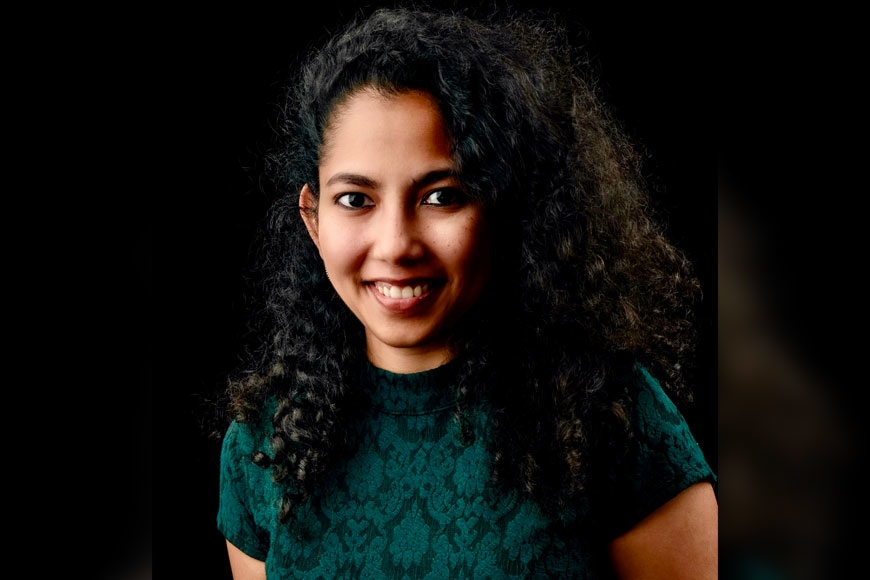How can we apply semantics across multiple research domains? One case study among others: deontic modality in South Asia
224 Church Street Se
Minneapolis,
MN
55455
How can we apply semantics across multiple research domains? One case study among others: deontic modality in South Asia
In this talk, I first outline multiple domains of research in which I use formal semantics -- morphosemantics, modality, the psychology of misinformation, fieldwork, etc. In a sense, this is a methodological component of the talk. I then delve into a case study of modal verbs of prohibition and obligation from three angles – their clausal complements, their formal semantics, and their typological distribution. Bringing various empirical paradigms into comparison, I show cross-linguistic tendencies across diverse languages -- verbs of obligation tend to allow infinitival clausal complements while verbs of prohibition tend to allow gerund clausal complements. What factors underlie these cross-linguistic tendencies? Our formal proposals include a reformulation of clausal complements along topic time properties in event semantics, making infinitives and gerunds ontologically distinct, a semantics of the modal verbs with selectional definedness conditions that are sensitive to qualitative differences between types of events and types of propositions. This approach reconciles world-dominant modal semantics and event-dominant non-finite clause semantics. I finally discuss the typological spaces that these proposals open up, and how the analysis leaves room for parametric and micro-variation.
Diti Bhadra is a formal semanticist with interfacing interests in pragmatics, syntax, typology, and cognitive science. She has worked on a variety of topics including modality, evidentiality, questions, discourse particles, embedding and complementation, disjunction, negative polarity items. She works primarily on South Asian languages and does cross-familial and cross-linguistic fieldwork (funded by the NSF) across the region.
You can attend this event either in person in Ford 175, or remotely. To attend remotely:
Sign up for the Colloquium listserv: you will receive an email about every event, including virtual meeting information when the event is remote or hybrid
Request to receive information for this event only
